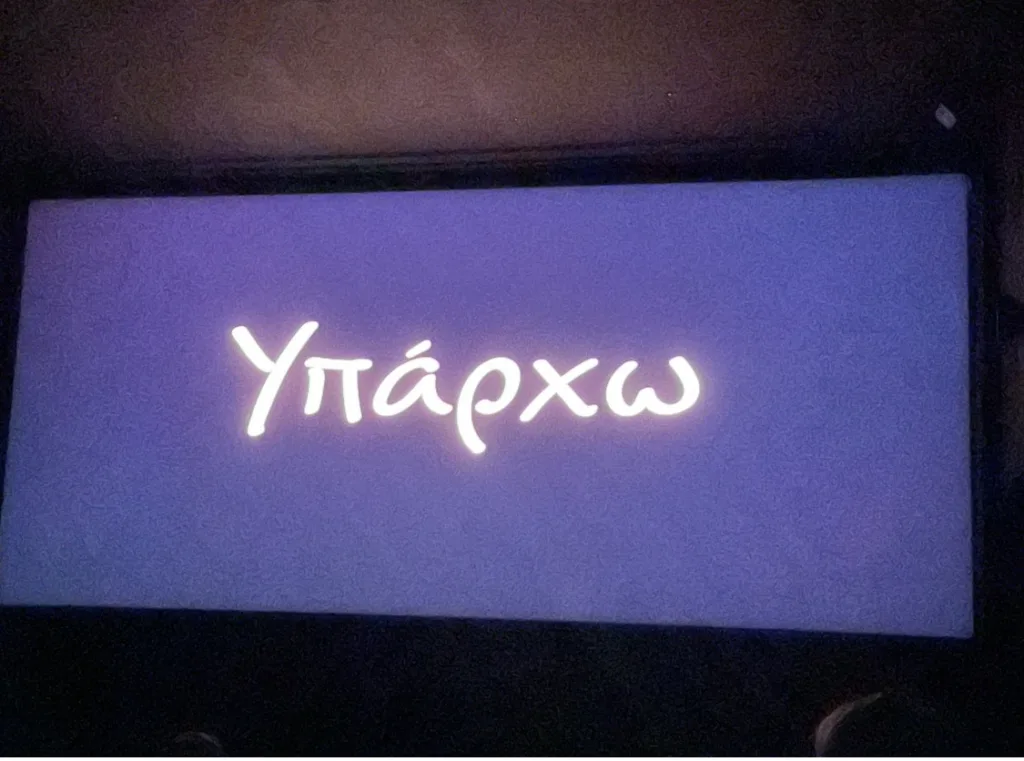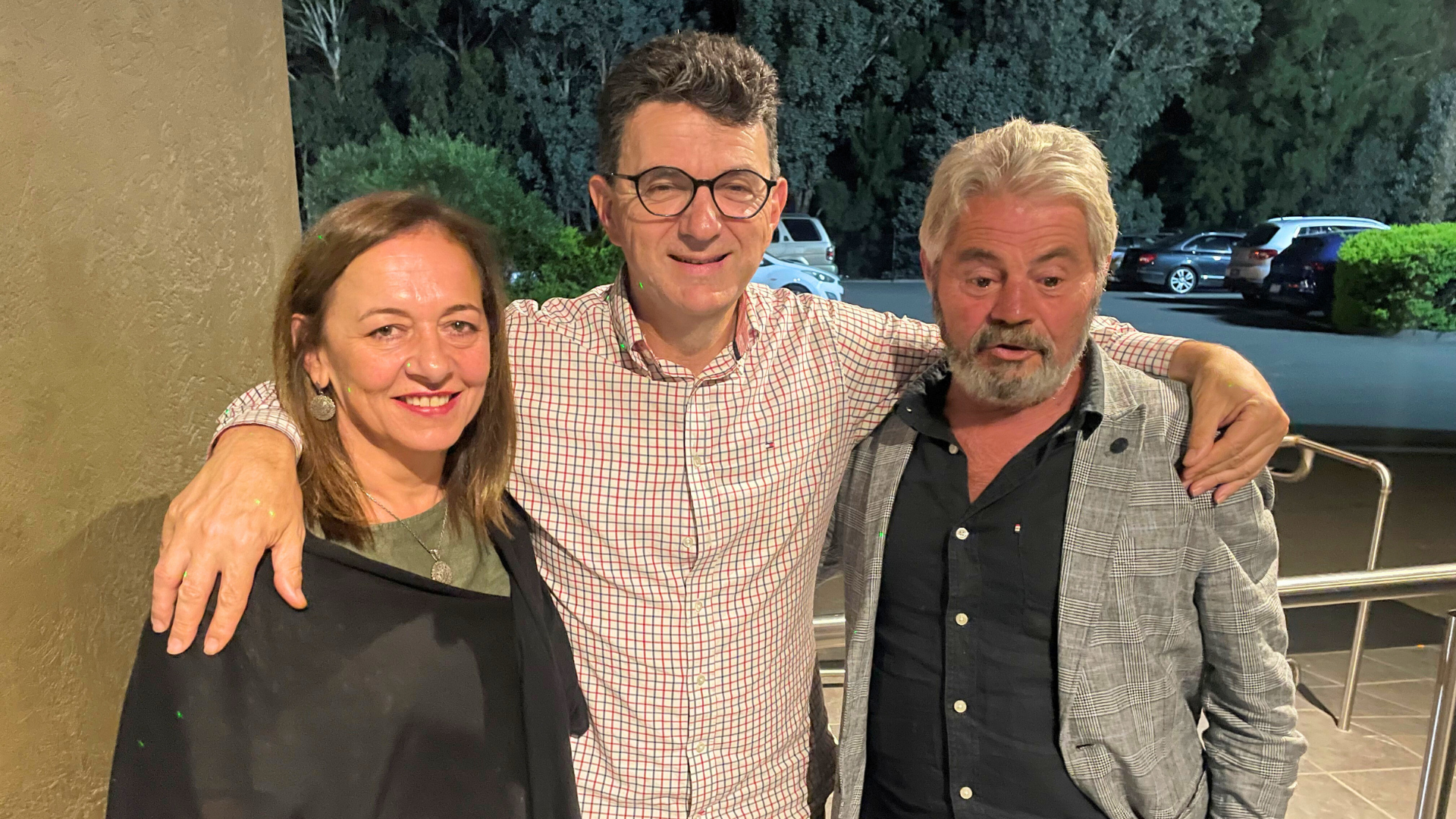By Theo Markos
Let me begin by stating what is obvious to most of those who know me. I do not have a creative bone or an artistic vein in me.
I cannot sing, dance, play a musical instrument, paint, draw or act.
However, I do appreciate and respect those who do. I also think it’s important that we encourage and promote their efforts to enrich the rest of us.
And for that reason, I enjoy going to concerts, movies and the theatre and in particular when there is a connection to our own Greek Australian community.
Over the past month we’ve been fortunate enough to be able to view the film STELIOS which was a smashing commercial success but also promoted lively discussion regarding Stelios Kazanzidis’ nuanced personality and his influence on Greeks, especially those that lived abroad in the 50s, 60s and 70s. I’m hoping one day we can actually find out more about his visit Down Under in 1962 which according to some, would make a great film in itself.

A number of us were also fortunate enough to enjoy two amazing theatrical groups which put on, at least in my opinion, a couple of excellent plays. I’m referring, of course, to the play staged in late April by THIASOS PAROIKIA “Babathes and Roumi” and two weeks later to a play staged by the CREATIVE DRAMA & ARTS group of the Greek Community of Melbourne called “Girls in crisis.”
Both plays made us laugh and think; they provoked and entertained us at the same time which, in my eyes, is a sign of success and a job well done.
The audience was indeed diverse but I do wonder if it really represented the whole spectrum of what is today’s Greek Australian community. Yes, we saw the first generation, and we saw my generation, the 50- and 60-year-olds; but I’m not too sure if the younger cohort of 30- to 40-year-old Greek Australians were well represented – what are essentially the third and possibly fourth generation Greeks of Australia. Of course, we can’t really discuss those even younger than that – the 20-year-olds. Very few of them were in attendance. I could be mistaken, and it’s possible that STELIOS at least was seen by these latter groups, but I’m quite certain that the theatrical performances have yet to captivate them.
So, we’ve all got to put our thinking caps on, especially those involved in the arts and think hard about how we can expose these generations to cultural events. Our larger organisations need to think about this if we truly want to see Greek Australians connecting and being exposed to all aspects and elements that make up today’s Greek cultural scene. More importantly, such exposure will contribute to creating a Greek Australian form of cultural identity which will be reflective of what is the true day-to-day reality of the societies of both countries.
